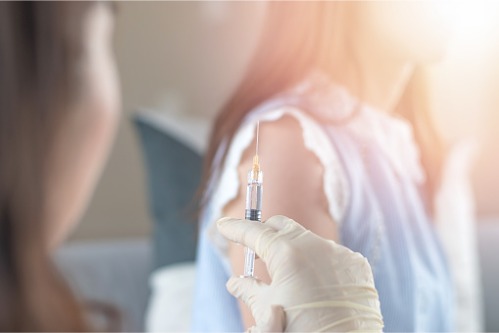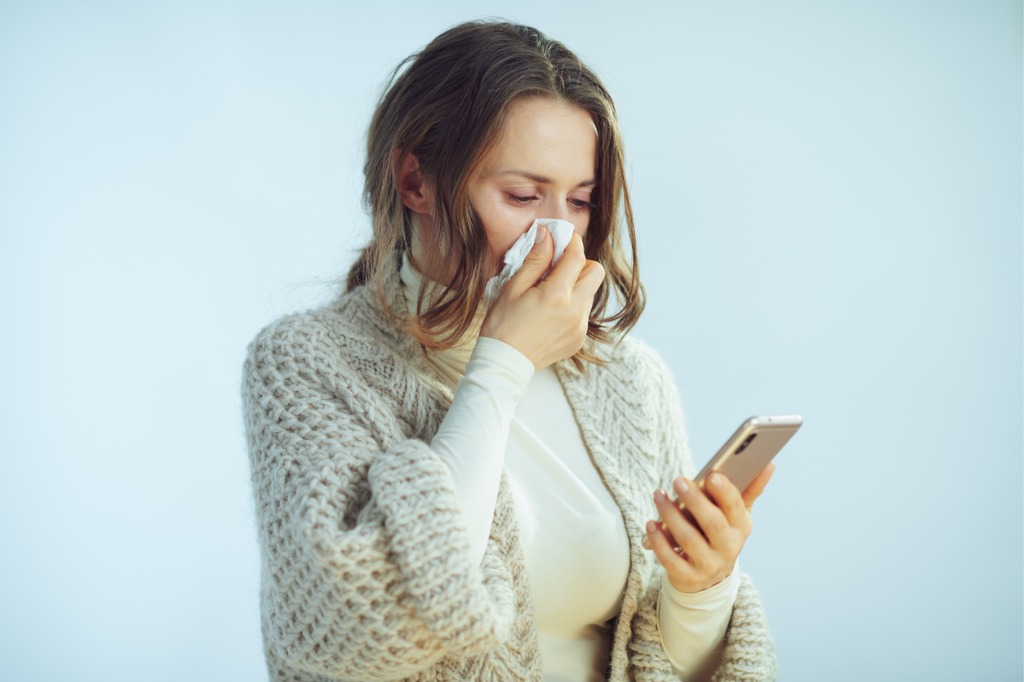
How to Feel Better During Allergy Season
If you suffer from allergies, you already know the spring and summer months can be particularly challenging. During allergy season, the pollen count is higher, and the days are longer, leading to more time spent outdoors and greater exposure to allergens. Fortunately, there are numerous ways that you can feel better during allergy season.
1. Start Taking Your Allergy Medications Early
If you know that you’re going to experience allergies, it may be beneficial to start taking your allergy medication before your symptoms arise. Doing this can lessen the severity of your symptoms, as once inflammation begins, it may take longer to get relief. Speak with your physician about the best allergy medication for you. Some of the most popular types include:
- Antihistamines
- Nasal steroids and sprays
- Decongestants
2. Avoid Allergens
Avoiding allergens is one of the most effective ways to minimize your allergy symptoms. There are a few different ways to avoid allergens:
Stay Indoors
Staying indoors as much as possible, particularly during the pollen count’s peak hours, is one way to avoid irritating allergens. Pollen counts are the highest in the morning and at night, as well as on dry, warm, and windy days. According to the Asthma and Allergy Foundation of America, pollen can be found up to two miles in the atmosphere and 400 miles out at sea from its original source.
Shower After Being Outdoors
If you spend a lot of time outdoors, take a shower when you come inside to wash off any pollen or other allergens that you may have picked up. By showering, you can prevent allergens from staying on your body and coming into contact with your eyes, nose, and mouth.
Be Mindful When Mowing the Lawn
Mowing the lawn can cause a serious flare-up in your allergy symptoms due to the vast amounts of grass and pollen being sent into the air. Ideally, it may be best for your allergies if someone else is able to mow your lawn during allergy season. However, if you prefer to cut your own grass, consider wearing a face mask to keep allergens out of your nose and mouth.
3. Optimize Your Home for Allergy Season
Along with your medications and avoiding outdoor allergies, you will want to make sure that your home is kept as allergen-free as possible. Here are some practical ways to limit allergens in your house:
Keep Your Windows Closed
During allergy season, it may be best to keep your windows closed to help keep pollen and other allergens out of your home. While keeping the windows closed, run an air conditioning to help filter the air.
Vacuum Regularly
Allergens can easily stick to surfaces such as your carpets and furniture. Remember to vacuum regularly to help remove allergens and prevent particles from accumulating,
Use a Dehumidifier
Allergens like dust mites and mold thrive in humid environments, so it’s important to keep your home as dry as possible. Using a dehumidifier is a great way to help you feel better during allergy season, as it can remove excess moisture from the atmosphere, reducing the growth of mold and mildew.
Invest in a HEPA Air Filter
A HEPA air filter can capture airborne allergens, including pollen, dust, and pet dander, improving your allergy symptoms. Other benefits of HEPA air filters include:
- Improves air circulation
- Eliminates allergens
- Reduces asthma attack triggers
- Removes external pollutants
When using a HEPA air filter, don’t forget to check it every six months to see if it needs to be replaced.
Wash Your Bedding in Hot Water
Allergens can accumulate on your bedding, so remember to wash your sheets in hot water at least once a week during allergy season. You may also want to invest in dust-proof covers for your mattress and pillows.
4. Make an Appointment at Northeast Allergy
One of the best ways to feel better during allergy season is to visit an allergist. If your allergy symptoms affect your quality of life, last all year, or become severe, it may be time to make an appointment at Northeast Allergy. Our providers offer comprehensive allergy care from diagnosis to ongoing management. Call 978-519-7366 to get started today.



